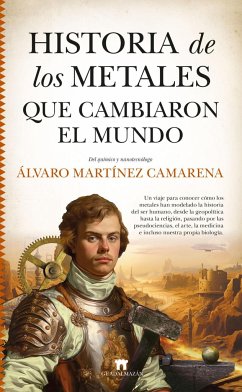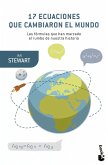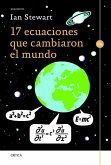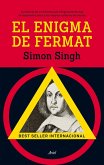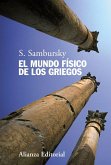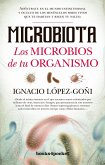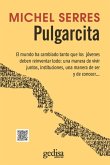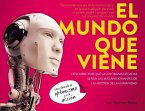If we think of a metal, a bar of gray iron will come to mind, solid, resistant and hard, but metals are so much more. Rediscovering them will open the doors to the bowels of human history, culture and nature. Why is gold synonymous with power? Why have the vast majority of religions used it? Why does organic farming use metallic salts to prevent crop pests? Why are Trump, China and the fortunes of Silicon Valley so interested in conquering Greenland, a wasteland of ice and snow? In this book we will answer these questions and many more. We will see how a single element, copper, alone was capable of ending periods of human history, how silver will become our key tool to defeat the pandemics of the future, and how magnetism gave rise to many of today's successful superstitions and pseudosciences. But, above all, we will understand that knowing metals is as much as knowing ourselves, and that all human disciplines are connected: politics and religion, superstitions and medicine, history, technology and art. They all drink from each other, and the point of union is often science in general, and chemistry, physics and biology in particular. A metal has rarely been just a piece of metal. The seven metals of antiquity have been with us since we took our first steps as a species, and have determined the way we see the world, how we understand it and how we represent it. And they continue to do so today. Let's find out how.
Hinweis: Dieser Artikel kann nur an eine deutsche Lieferadresse ausgeliefert werden.
Hinweis: Dieser Artikel kann nur an eine deutsche Lieferadresse ausgeliefert werden.

